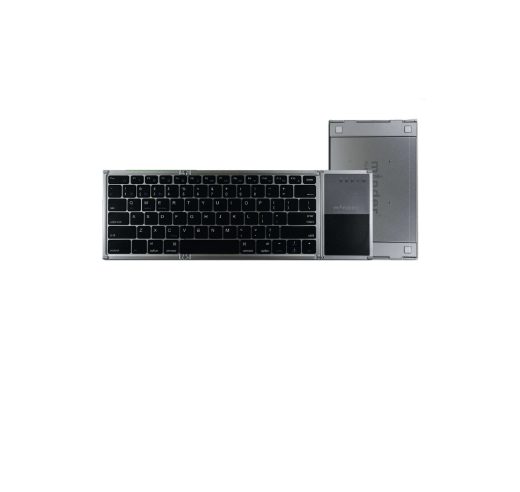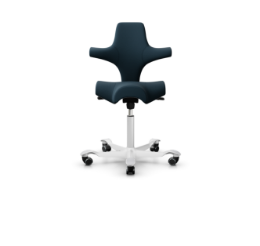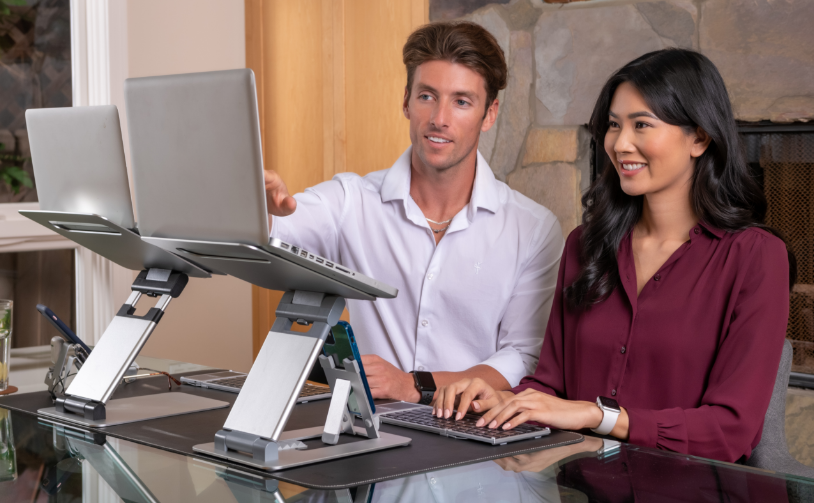September 8, 2022
Social Media: Friend or Foe?
Social Media: Friend or Foe?
By: Carly Peterson
BEEP BEEP BEEP. As the morning alarm blares, you hit the snooze button - check instagram - roll over and fall asleep again for five more minutes. Does this subconscious routine sound familiar? Checking social media comes as naturally to some as muting an early morning alarm clock. Platforms like Instagram, Snapchat, Facebook, Twitter and Tiktok are so deeply integrated into our society, it can be difficult to avoid them. Today, these platforms play a vital role in how people communicate. Since the COVID-19 pandemic, the world has adapted to functioning online. With mandatory lockdowns and social distancing, social media sites became the sole option for connecting with the outside world for a large majority of people. Although social media plays a big role in today’s society, it is important to be mindful of how time spent scrolling these sites and apps makes us feel. Is the time we spend on social networking dangerous to our mental health and well-being? Are teenagers and the youth of today having their futures impacted by using these apps and sites? Let’s take a closer look.
Social Media: The Friend
Both in person and online, a positive and encouraging social group is beneficial to everyone. These relationships provide us with support and a sense of community. Apps like TikTok, Twitter, Facebook and Instagram connect like-minded people. One can be exposed to a network of billions of others whom they likely would not have otherwise interacted with in real life. Social media can provide a way for people, especially those who are shy and introverted, to partake in a social life where they can stay within their comfort level (1). These platforms allow people to express themselves and create an identity of who they want to be. Artists and performers can share their artwork and creativity across the world from the comfort of their own city or home (2).
The powerful “Like” button and comments received on a posted photo can lead to a temporarily boosted ego and leave one feeling validated by their online peers. That positive feeling is all thanks to the brain releasing a chemical called dopamine (3). Dopamine is the same chemical that our brain releases when we eat delicious food or after we exercise. It makes us feel good, and we begin to associate those acts with feeling rewarded. It makes us want to repeat the behavior (4).
In a 2018 study, it was discovered that nearly 97% of teens are present on social media platforms such as YouTube, Snapchat and Facebook (2). These platforms are a critical tool for building and maintaining a social network, staying current on events and updating peers about life (3). In the height of the COVID-19 pandemic, social media became essential for connecting with others, more than ever before. Small businesses and companies benefited by being able to communicate with their customers and build a sense of community from a distance. Families were able to stay in touch and even gather virtually from the safety of their own homes thanks to social media.
Social Media: The Foe
Despite the benefits of social media, there are growing concerns on the impact these sites have on mental health. Facebook alone has 2.85 billion users frequenting their page (1). Children and teens are spending more time on these platforms than any other generation before. Having access to relentless information and interaction at all hours of the day can be mentally over stimulating. In 2019, two separate studies were conducted in England and the US on the impacts of social media use and its effects on teens. Both studies saw a trend of those teens frequently using social media had a higher risk of struggling with mental health and poorer well-being overall. High social media use in teens is connected with a lower sleep quality and a higher risk of exposure to cyberbullying and peer pressure (2).
With the constant use of social media, users of all ages can experience a sensation known as “FOMO”, meaning the fear of missing out. Nobody wants to hear about social gatherings being flaunted on the internet to which they weren’t invited. The desire to feel included contributes to a person's desire to continue to scroll frequently (5). The feeling of missing out can quickly lead to heightened anxiety and depression (3).
Finally, platforms that allow for photos and video sharing, can lead to an unrealistic or edited perspective of a person’s life. Users who suffer from eating disorders or other body image issues can easily compare themselves to unrealistic edited versions of other people or even older versions of themselves. This especially impacts young girls into thinking there is only one ideal way to be, or body type to have (1).
Social Media: The Frenemy
Perhaps social media is the “frenemy”, beneficial to have around, but you must always keep an eye out for the dark side. Social media has proven itself to be irreplaceable in modern society. Building connections, keeping in touch with friends, and staying current on social events is a part of the culture now. There is no doubt that these platforms provide important aspects to socialization and communication.
At what cost? Perhaps a cost too valuable - the mental health of the greater society and to that of upcoming generations. It can be difficult to walk away from these platforms forever; so it’s important to continue to check in with yourself and be mindful of how your time on these apps make you feel. Take breaks and time away from these platforms should you be feeling any negative effects (1).
If you are the parent of a child or teen using these apps, set limitations and encourage face-to-face interactions with friends. It is important to explain to teenagers what is appropriate online behavior. Maintain an open line of communication and talk to your child about their social media usage and how it makes them feel. If you are noticing any signs of anxiety or depression in connection to their social media use, it is important to reach out to your child’s health care provider (2).
Sources:
- 1. https://www.publichealth.columbia.edu/public-health-now/news/just-how-harmful-social-media-our-experts-weigh
- 2. https://www.mayoclinic.org/healthy-lifestyle/tween-and-teen-health/in-depth/teens-and-social-media-use/art-20474437
- 3. https://www.mcleanhospital.org/essential/it-or-not-social-medias-affecting-your-mental-health
- 4. https://sitn.hms.harvard.edu/flash/2018/dopamine-smartphones-battle-time/
- 5. https://www.psychologytoday.com/intl/blog/the-asymmetric-brain/202106/fomo-and-social-media
Write or copy/paste Liquid code
Emp
Begin the journey to improving your posture, breathing, and overall wellness with the help of obVus. Our expertly designed live well and work well products are made to fit into your life with minimal effort needed.
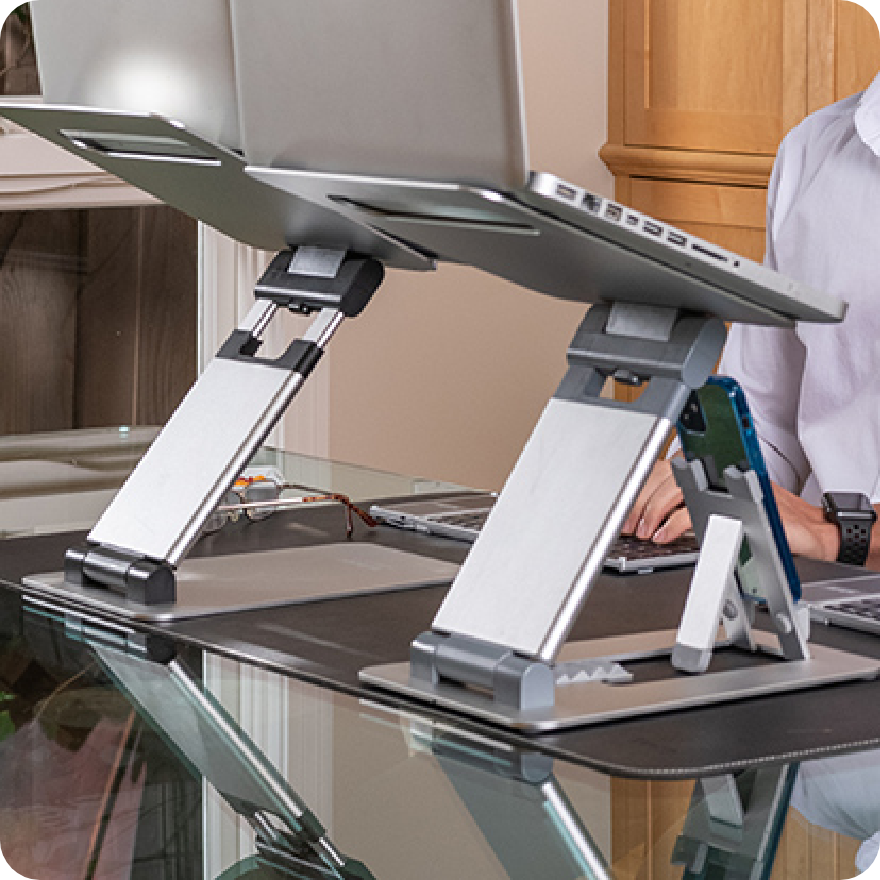
Ergonomic Accessories
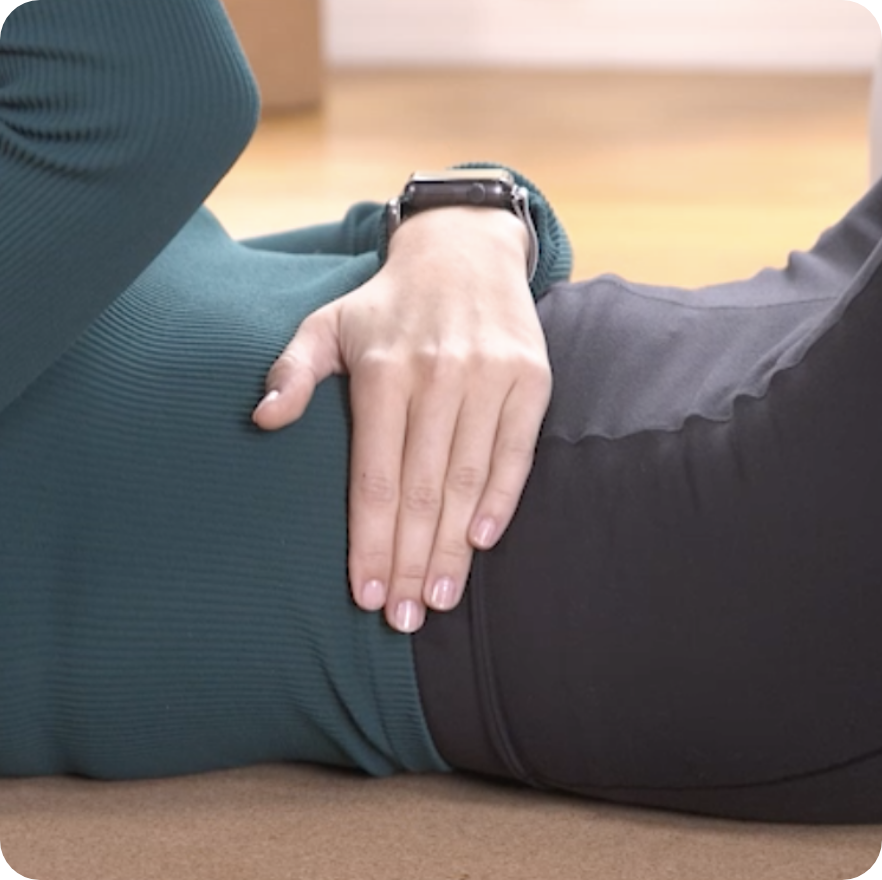
minder
App
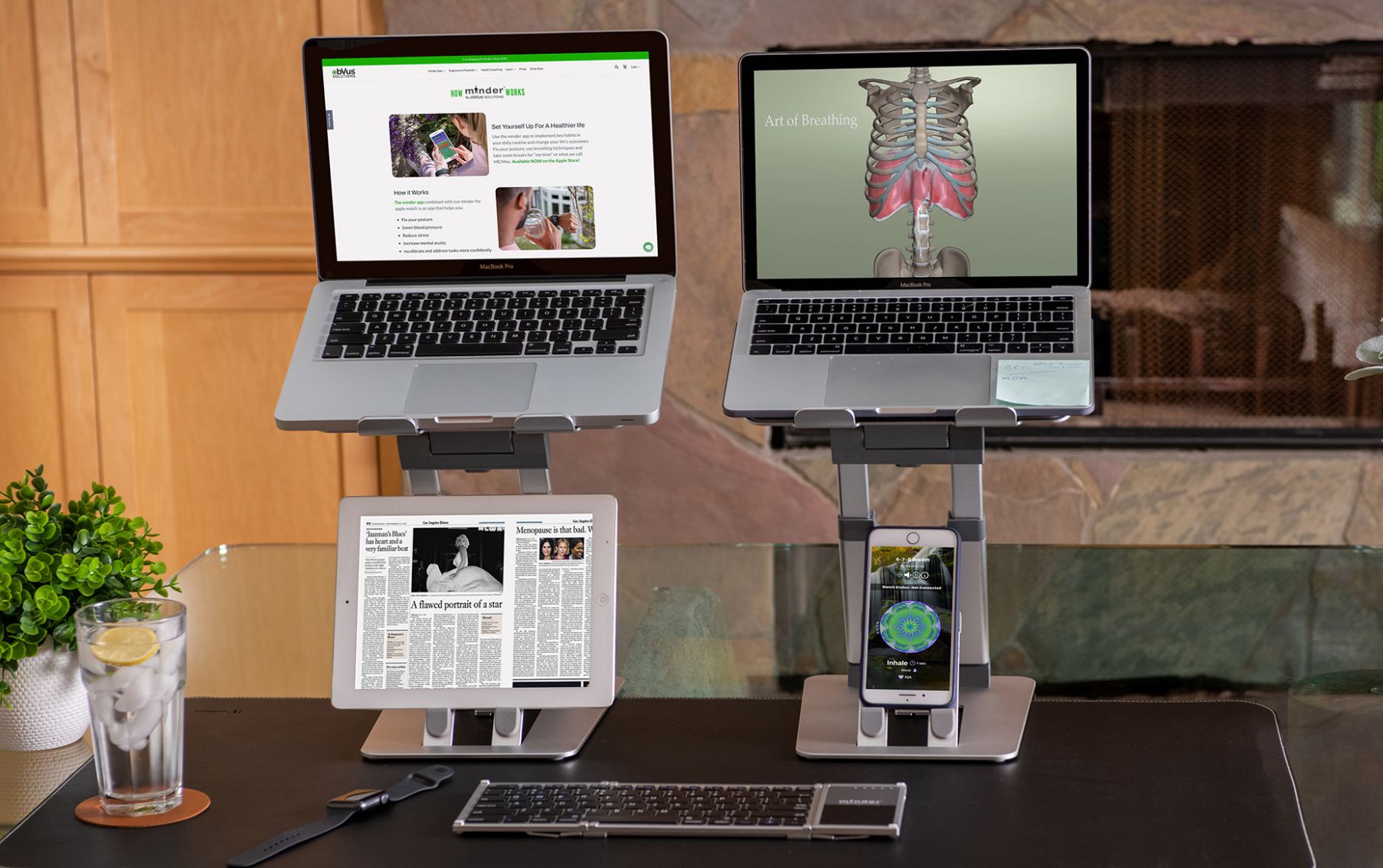
Blog
Learn more
about wellness
and mindful living




